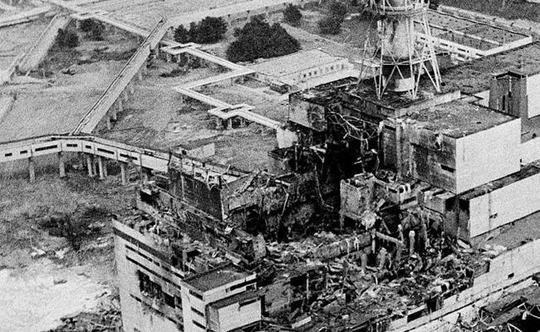 What’s the big advantage of having a monopoly? That you make lots of money?
What’s the big advantage of having a monopoly? That you make lots of money?
No. It’s that you can enjoy a quiet life.
Traditional businesses succeed or fail by a power law. When you start one, you are staring down the barrel of a 71% failure rate over ten years. Success will depend on various factors, many of which you cannot control. And even if you succeed, uneasy hangs the head that wears the crown. Your continued success requires luck, skill, ability to respond to market changes, and on a long enough scale all businesses fail anyway. Uber (according to Yves Smith) is apparently “succeeding” by kicking the can down the alley, postponing the date of its inevitable failure until the guys at the top cash out.
But a monopolist is free. Free to grow complancent, free to deliver substandard products and services. When there’s no rivals nipping at your heels, you can walk, or trudge, or even sit down. You can even go backwards.
Piers Anthony once had an editor point out a continuity error, and he defended himself by saying “anything can happen in Xanth.” Monopolies have the same dubious virtue – anything can happen in them! As far as I can tell, this is the central argument to be made against monopolies, they have no reason to be excellent, or to do anything beyond ensuring that they continue to exist. It’s not as simple as the monopolist not having any competitors. I can imagine scenarios where a single monolithic entity produces excellent work. But there clearly needs to be some kind of pressure, otherwise innovation and quality in a market dawdles.
It’s a difficult pill to swallow, because other than this problem, you’d expect a monopolistic business to outperform a business in competition. Global co-ordination. The ability to leverage economics of scale. No wasted resources spent fighting competitors.
You could even argue that a benevolent monopoly would be in the interests of consumers. A big issue with fractured, balkanized industries is that they are susceptible to negative externalities – if I own a factory in Region 1 that pollutes a river running through Regions 2 and 3, sans regulations I might say “not my problem”. But if I own all the factories in all the regions (and hence am accountable to all customers), then maybe I’ll take pollution seriously.
A state can fulfill this role to an extent, but they’re not really anyone’s go-to example of efficiency par excellence (see Shturmovshchina), and an ideal solution seems like a fusion: how do we combine the best features of the free market (competitive drive, innovation, efficiency) without the crappy gridlock and balkanisation?
I don’t know that if this would just be good to have. I think we might need it. I was reading about nuclear power, and what’s stalling it in the US. It seems to be dying a death from a thousand cuts, including ever-changing regulations, competing standards, PR disasters such as 3 Mile Island and Fukushima, and the lack of a stable and reproducible plant model. Looming above everything, like Zeus throwing thunderbolts, is the fact that nobody’s on the same page.
“…our electricity sector is split up among dozens of different utilities and state regulators. As a result, US nuclear vendors had to develop dozens of variations on the light-water reactor to satisfy a variety of customers. “
(They also mention a few interesting things: although high-profile disasters didn’t help public acceptance of nuclear energy, construction of new plants was already tapering away before 3 Mile Island.)
The article also looks at the countries that have gotten this right, they mostly seem to have either state-owned utilities or a single industry working on a single solution. But statecraft also has the ability to choke nuclear power, as we see in France. What’s the solution? A market monopoly over nuclear energy, perhaps? But that introduces another wrinkle – this is really something we really need the regulation of a state over. Success means nuclear power lighting up America. Failure means…the exact same thing.
No Comments »
Comments are moderated and may take up to 24 hours to appear.
No comments yet.
